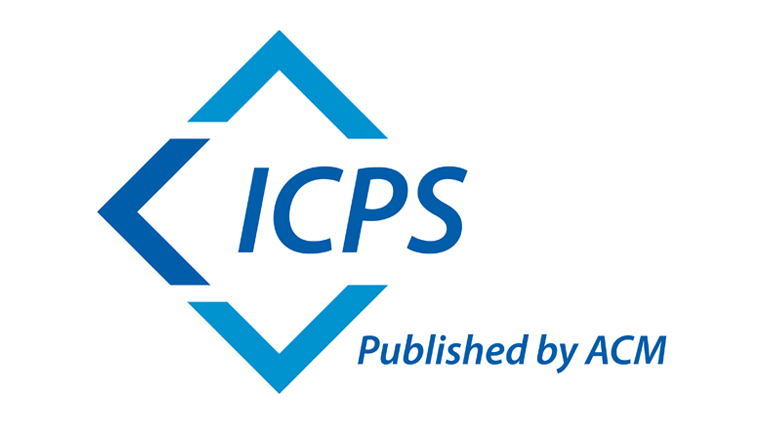Call for Papers
Nowadays, services and information are owned by multiple interacting sources and delivered to an unprecedented amount of end-users thanks to the availability of advanced distributed software systems. These systems are built upon new technologies/infrastructures (e.g., cloud infrastructures, IoT connectivity, AI-powered and smart devices, wearable technology) and expose multi-paradigm computing models (e.g., mobile cloud computing, Cloud of Things, autonomic and cognitive computing, social computing). As a consequence, the development of these Advanced Computing Systems requires advanced architectural design exploiting the integration of heterogeneous architecture description languages and styles. Moreover, the employment of emerging technologies and computational models may unexpectedly expose the user to undesired consequences, such as threats to confidentiality and even financial or health danger. Therefore, assuring trustworthiness or other important quality attributes of such systems represents a very challenging issue that requires rigorous or formal approaches to design, development and validation and verification. Goal of the workshop is to foster integration between formal methods and software architecture promoting new connections and synergies between the two communities in order to strengthen links between them, and to stimulate researchers to share novel ideas, techniques, and lessons learned, from both industrial and academic experts.
Specific topics include, but are not limited to:
- Application of formal/semi-formal methods in:
- Linking requirements engineering and software architectures
- Architecture design, validation and verification, quality analysis and evaluation
- Architecture description languages and meta-models
- Architecture-centric model driven engineering
- Architecture-centric process models and frameworks
- Architectural patterns, styles and tactics, viewpoints and views
- Architecture transformation and refinement, architecture-based synthesis
- Architecture-based evolution
- Integrating formal/semi-formal methods and architecture-centric software engineering for:
- Service-Oriented Architectures (SOA), Web services, and Microservices
- reconfigurable and self-adaptive systems
- mobile applications
- cloud applications
- mobile cloud applications
- IoT applications
- smart, AI-powered systems
- ultra-large scale, long-lived systems and systems-of-systems
- cyber-Physical Systems
- Formal/semi-formal analysis and architecture-centric software engineering provided as a service on the Cloud or in an IoT infrastructure.
- Case studies and experience reports in using formal approaches in software architecture design and analysis.
Researchers, educators, practitioners, tool developers and users, and technology transfer experts are all welcome.
Workshop papers must be written in English and prepared following the ACM sigconf format: http://www.acm.org/publications/proceedings-template. Note that the new authoring template must be used (2017 ACM Master article template). Submissions must be uploaded in PDF format through the workshop submission website hosted by EasyChair.
We solicit the following contribution types:
- Full papers about original research and/or case studies (7 pages max, ACM sigconf format).
- Short papers (up to 4 pages, ACM sigconf format) describing: new ideas/work-in-progress, or techniques and/or newly-developed tools or extensions not fully validated yet, or an industry paper reporting on work or experiences on the application of formal methods and software architectures in industry.
For each accepted paper, at least one of the authors is expected to be present at the workshop and present the paper. All accepted papers will be published in the ECSA 2019 Companion Proceedings by ACM’s International Conference Proceedings Series (ICPS).


- Paper submission:
May 31, 2019June 8, 2019 (extended) - Author notification: June 26, 2019
- Camera-ready version: July 5, 2019
- Workshop date: September 10, 2019